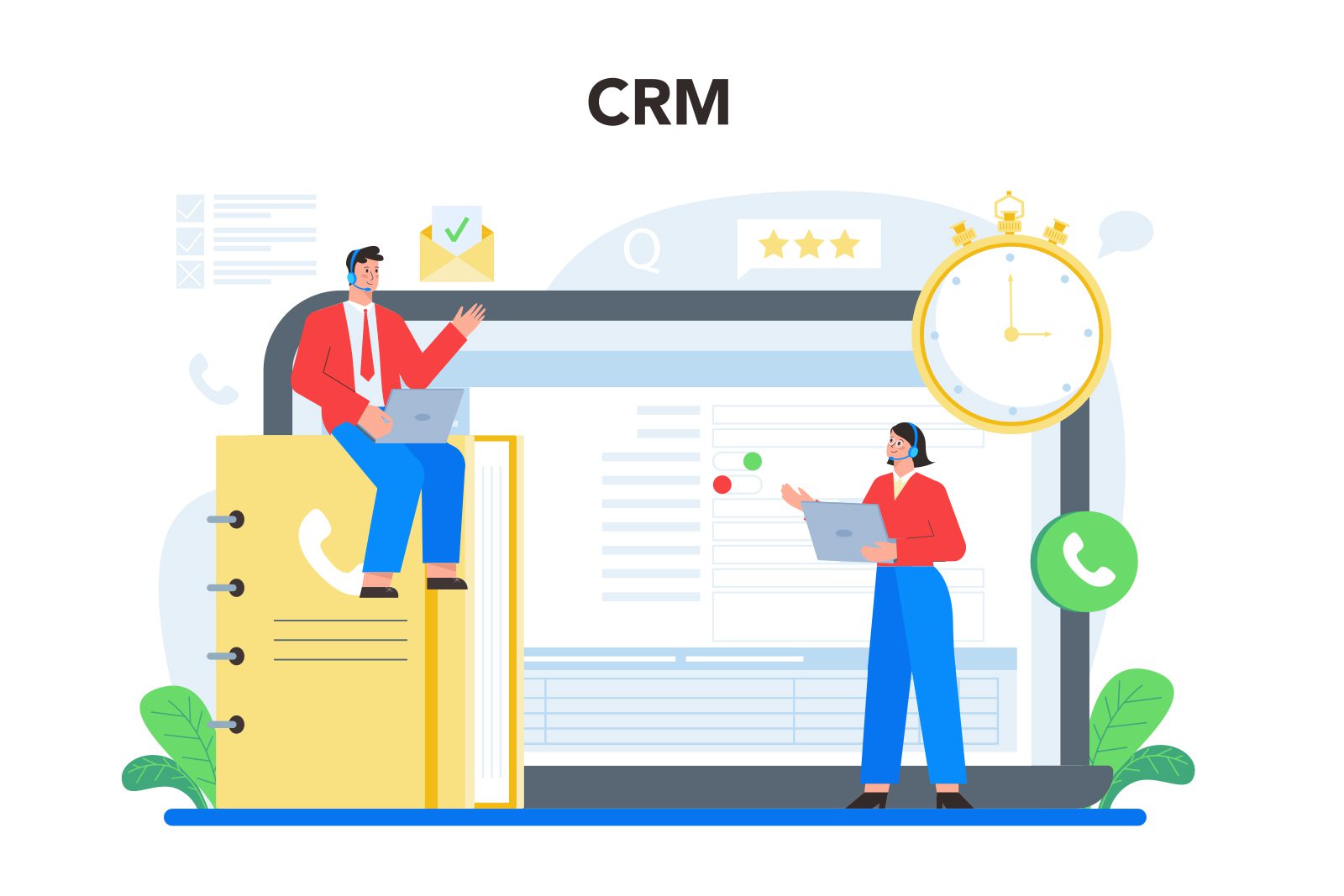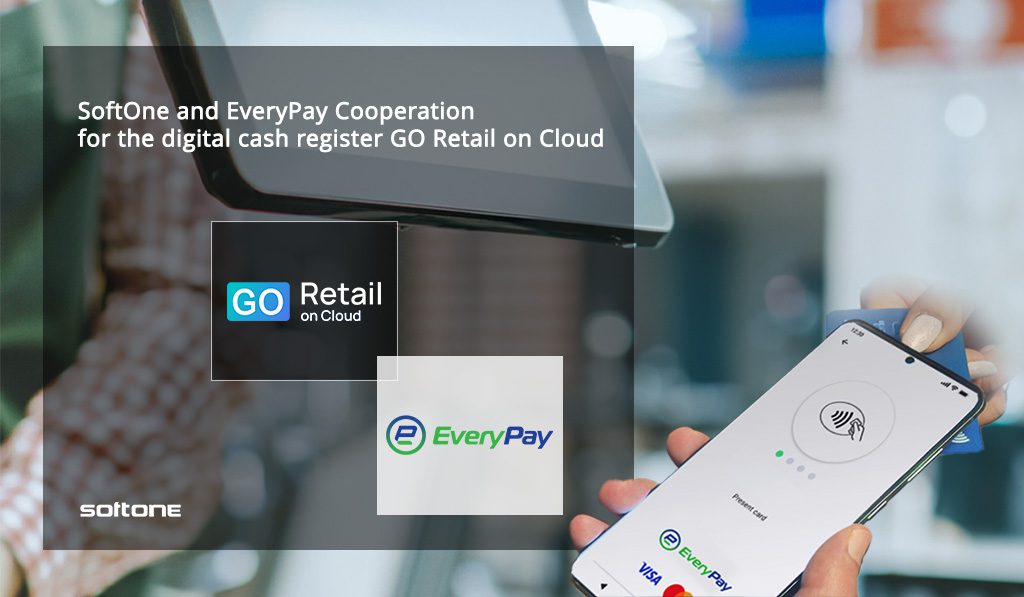Share
Read also

Trends & Views
Digital transformation strategies

Business Software
CRM 2025 market: Response to increasing customer demands

Business Software
Understanding the ERP lifecycle management

Mobility
How is EM shaping the way SMBs operate?
CRM systems help businesses streamline their processes, as they can provide customer data (e.g. feedback and details on customer needs) in real time. When cloud-based, the results are even better. Properly managed customer data can provide valuable insights. Let’s see why.
Easy installation
Modern CRM solutions do not require complex processes, nor do you have to pay for hardware, server or software maintenance. Cloud CRM is a user-friendly system and can be easily implemented and seamlessly integrated with other systems.
Easy access
Cloud CRM offers employees the ability to access the system from anywhere in the office or remotely. Unrestricted access is by far the most important advantage of cloud CRM, as the permanent connection to a central database offers users the flexibility and freedom they need.
Another important advantage is that cloud CRM facilitates cooperation between teams. For example, integration and correlation of sales processes makes it simpler to improve business.
Less expenses
Another benefit of cloud CRM is that it does not lead to financial bleeding. No business is willing to spend large amounts of money on a single purchase; smaller and regular payments are always preferable. Cloud CRM works on a subscription-based model, which requires a minimal initial investment, with minimal risk. As a result, there are no additional hidden costs or other expenses.
Increased security
This is a major concern for anyone using a web-based information storage system. It is no coincidence that the level of IT in cloud-related businesses is much higher than that of traditional ones. Cloud CRM providers offer sophisticated automated policies and a clear data recovery plan in case of a problem. However, individual users of cloud services can enhance the security of their data by using strong passwords and two-factor authentication, among other things.







